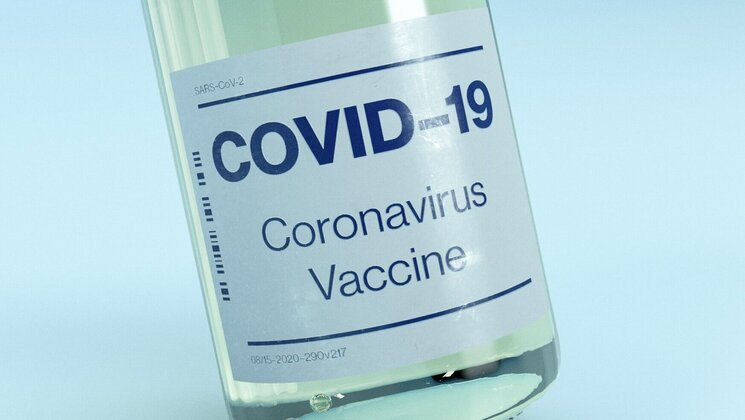Does early exposure to paracetamol cause health problems?
Pregnant women and young children do not have many options to relieve pain or lower fever. The best known and most commonly used remedy is paracetamol. Medical researchers of the University of Tartu started a research project that is innovative in many ways and is expected to bring clarity to whether foetal/infant exposure to paracetamol affects brain development and behaviour in later life.
Indrek Heinla, Research Fellow in Translational Medicine at the University of Tartu, said that long-term studies of children whose mothers took paracetamol during pregnancy have identified rare but disquieting problems.
“Several extensive studies across the world have shown that children who were exposed to paracetamol at an early age are more likely to have attention deficit hyperactivity disorder, autism and problems with social behaviour, and their mental development may also be delayed compared to their peers,” explained Heinla.
When reading the results of these studies, Estonian researchers wanted to know whether the developmental deviations in children were due to the mother’s illness or, conversely, the medicines. What makes the problem more complicated is that we do not fully know the mechanisms behind these disorders. Thus, medical researchers of the University of Tartu undertook an in-depth study of how the connections between the parts of the brain as well as the social behaviour change in rats who receive paracetamol at an early age. The main assumption is that paracetamol affects foetal hormonal balance, for instance by lowering the level of testosterone, and thereby leads to changes in the interaction between the parts of the brain, manifested as disturbances in social behaviour later in life.
Study in rats
According to Heinla, it would be unthinkable to give healthy mothers and children medicine to see if it could be harmful. “This is where rats can help us, as they are incredibly smart and social animals, just like humans, and even their brains are more similar to ours than one might think,” he said, explaining the importance of using laboratory animals.
The medical researchers’ project is novel in many ways. “Disturbances in the interaction between different parts of the brain are an important characteristic of neurodevelopmental disorders. Due to the complexity of the topic, it has not yet been thoroughly investigated in humans or rats whether early exposure to paracetamol affects the interaction between parts of the brain. Thanks to the small-animal MRI machine of the university’s Laboratory Animal Centre we now have this opportunity,” Heinla said.
Researchers will also look into the social behaviour of rats more closely than has been done in previous studies. “Repeated recent evidence suggests that rats are willing to make efforts to help a companion in an uncomfortable situation and that they display empathy-like behaviour. We want to see whether a rat who has been in a stressful situation and then returned to the home cage is “consoled” by its companion and whether early exposure to paracetamol might interfere with such behaviour,” Heinla described.
If it turns out that paracetamol is more dangerous to the foetus at some stage of development than expected, alternatives must be sought. “However, we must not get ahead of events. Let us keep in mind that many toddlers or their mothers have been exposed to paracetamol and a large majority of them are healthy. We aim to find out why, when, for whom, and how the risk of significant disorders occurs – this will allow doctors and future mothers to create a safer and healthier environment for children,” said the research fellow in transitional medicine.
The project “The effect of perinatal paracetamol exposure on functional connectivity and social behaviour later in life” is funded by the Estonian Research Council from the Mobilitas+ programme.
Indrek Heinla
Research fellow in Translational Medicine, University of Tartu
+372 552 4134
indrek.heinla@ut.ee






